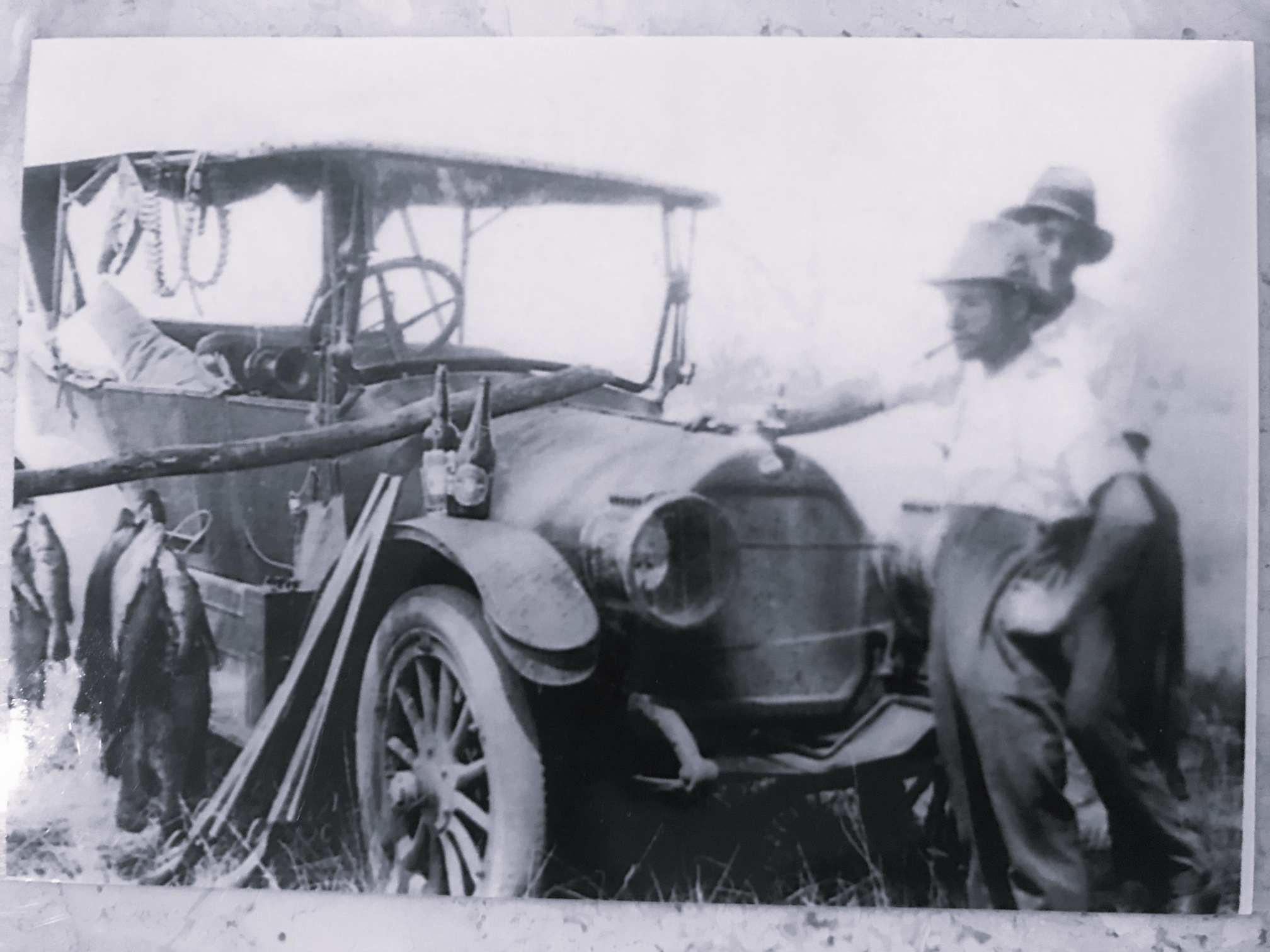Anthony Doerrs All the Light We Cannot See cleverly interweaves the lives of Marie-Laure and Werner. Marie, a blind French girl flees with her father to Saint-Malo when the Germans occupy Paris. And it is her story that becomes entwined with that of German orphan Werner, whose genius with radios makes him an expert tracker of the Resistance.
 The novel is written in short chapters which mainly flit between the albino Werner and the blind Marie but which includes, among others, the odd stereo-typed German character. Shiny boots and tailored uniforms resonate the allure for fascism while reinforcing the differences of the two opposing sides. What I found disquieting was the portrayal of war as almost sexy and powerful while mixing it up with bashings, sadistic violence and the cruelties that technology allows humans to inflict on each other. But having said that, such emotional intensity makes for a damn good read.
The novel is written in short chapters which mainly flit between the albino Werner and the blind Marie but which includes, among others, the odd stereo-typed German character. Shiny boots and tailored uniforms resonate the allure for fascism while reinforcing the differences of the two opposing sides. What I found disquieting was the portrayal of war as almost sexy and powerful while mixing it up with bashings, sadistic violence and the cruelties that technology allows humans to inflict on each other. But having said that, such emotional intensity makes for a damn good read.
The work certainly explores human nature and the conflicting power of technology, and if you like quirkiness in a narrative theres quite a bit in Doerrs story. Time, music, speed, and the secrets of the sea, the wonders of science, a fascination for snails. In fact a great portion of the novel is devoted to the complex mysteries of life. Does it add to the story? I loved the novel, right up to about two-parts through. Departing from the chronological narrative to flit back and forth between years and events and dragging out the ending reminded me of why these days I think around 130,000 words is a good length for a novel. Mind you All The Light We Cannot See is a Pulitzer winner, and I only read in the evenings, usually when Im tired.






Leave A Comment